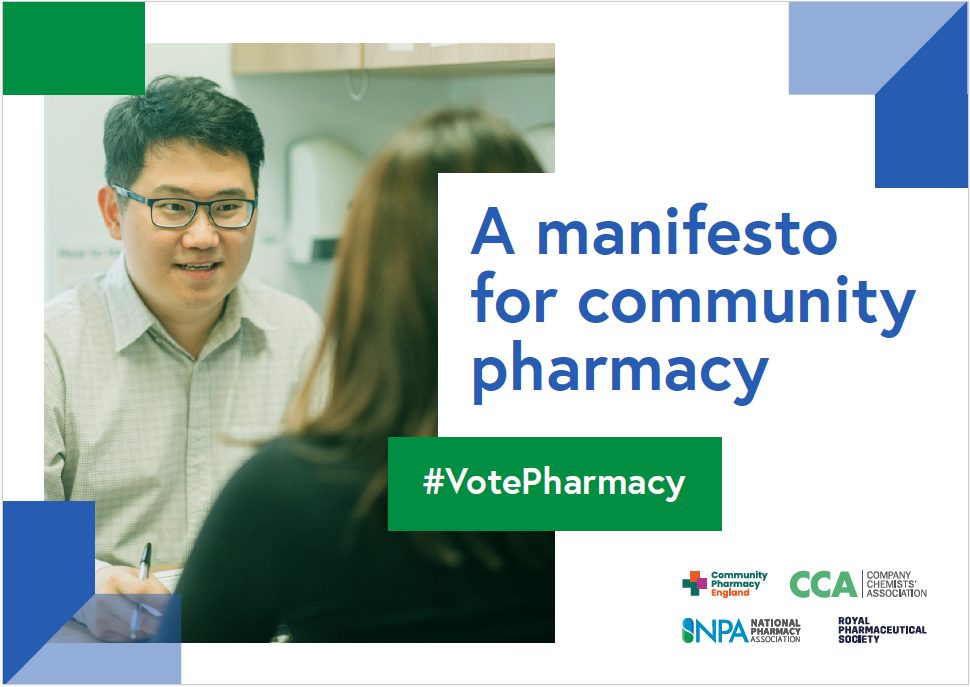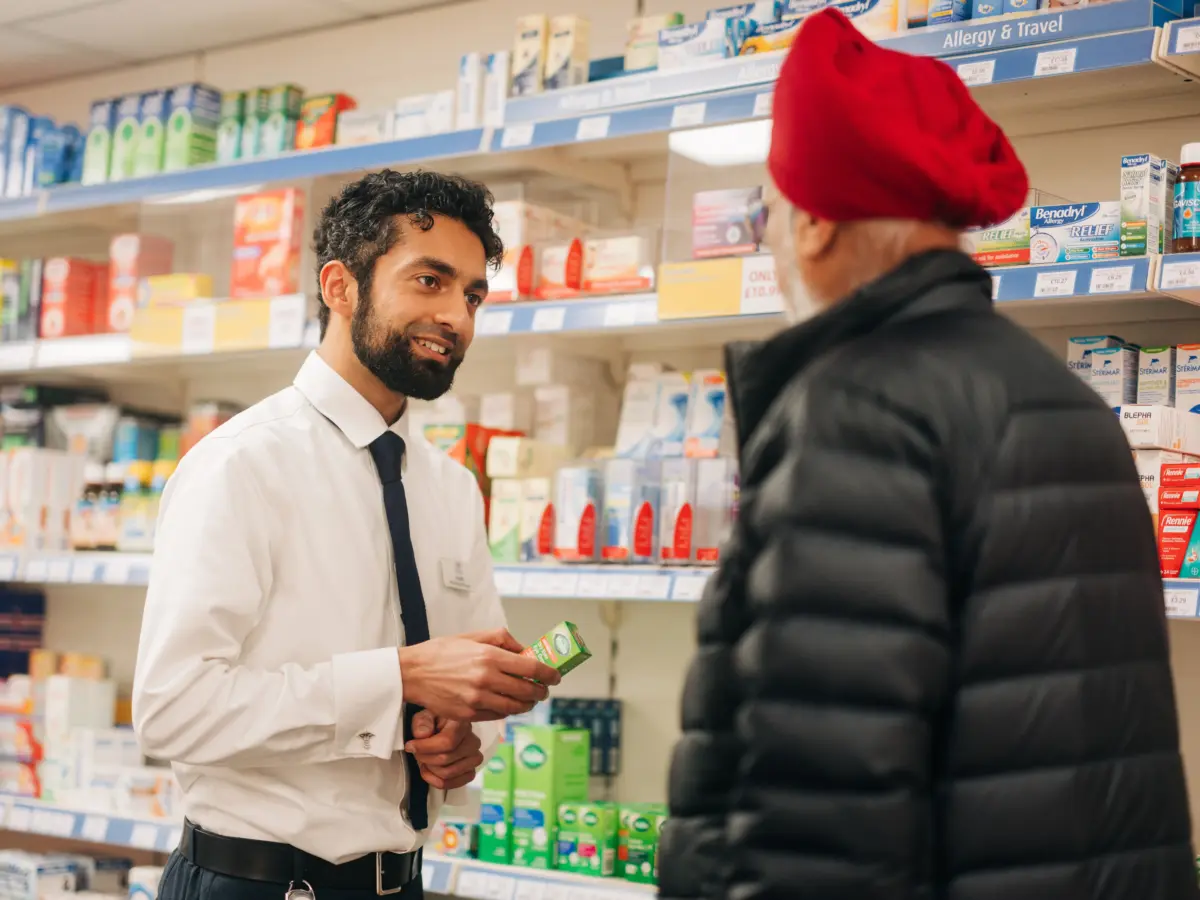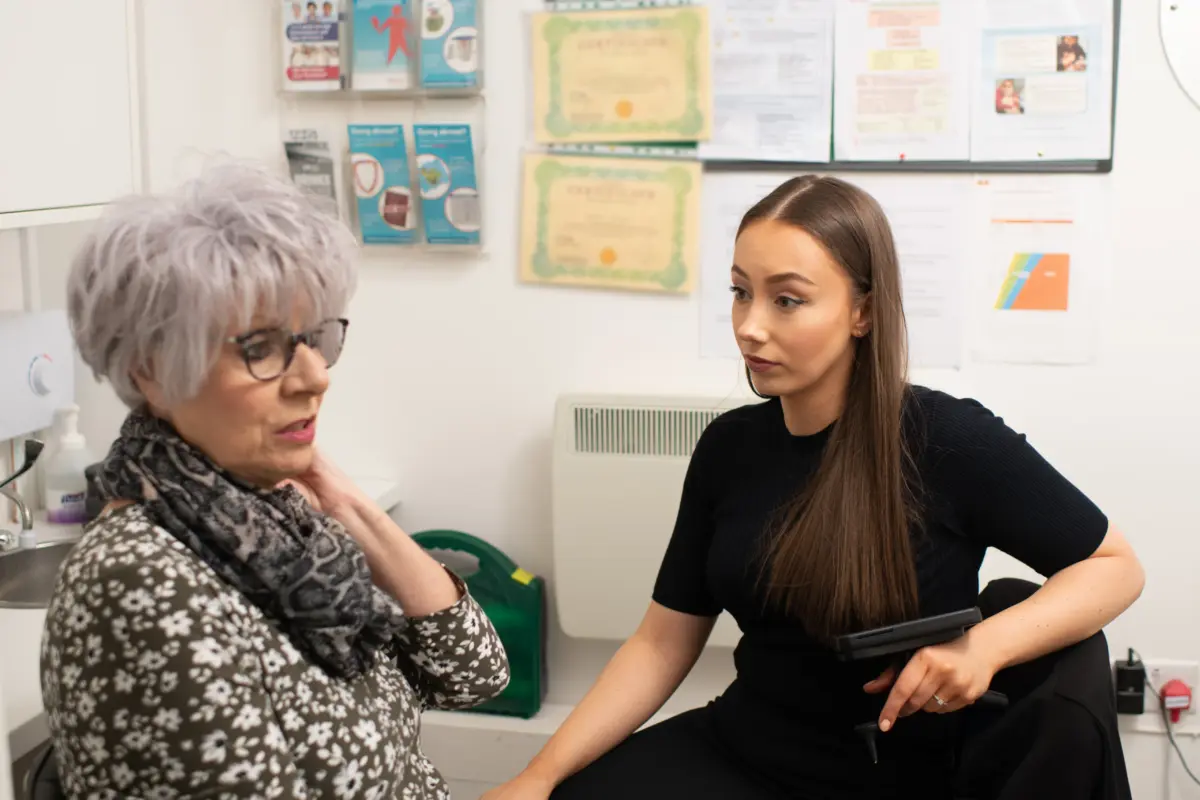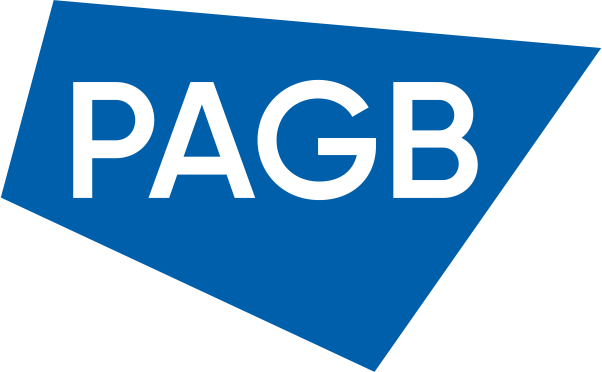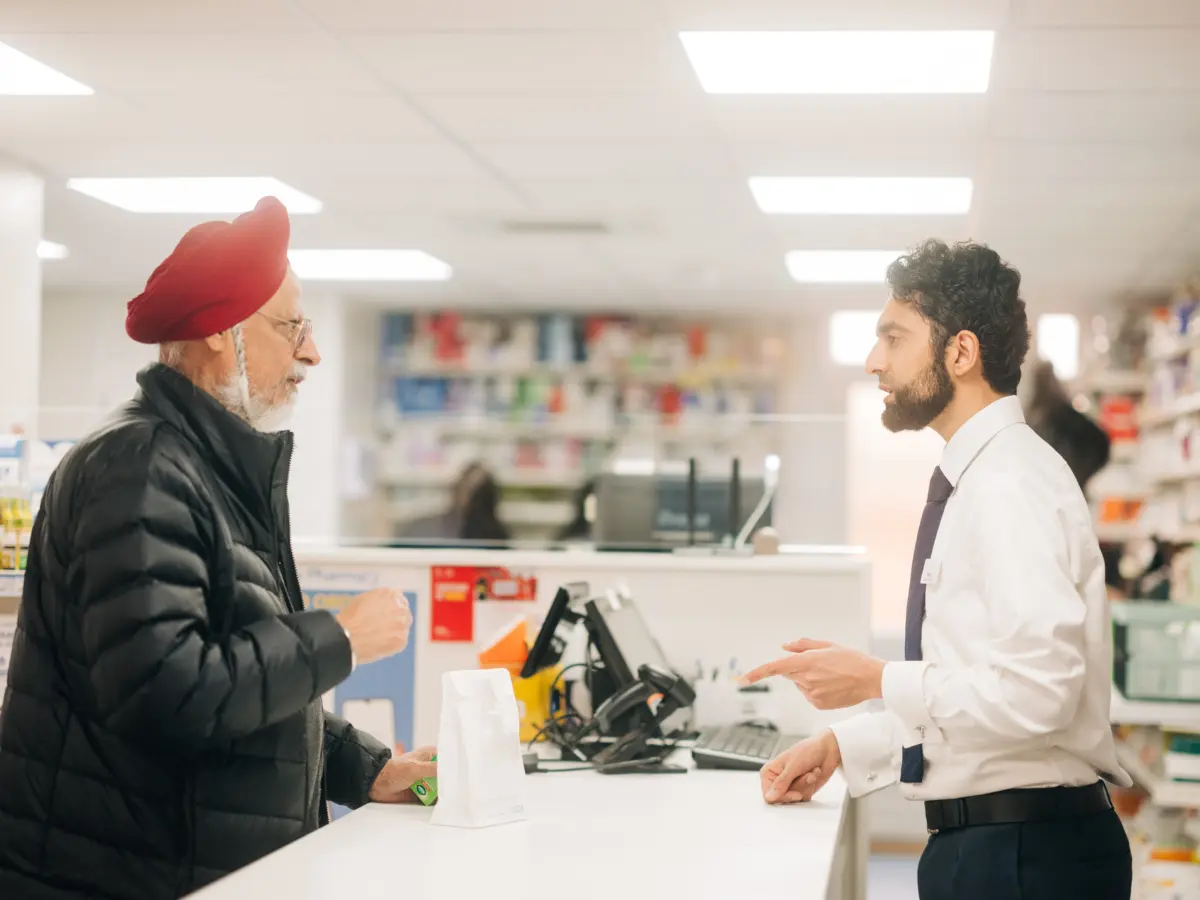Cornwall PAM service expands to empower more patients with diabetes
Published on: 25th July 2019 | Updated on: 28th March 2022
Building on the original patient activation service for patients with Type 2 diabetes in Cornwall, the service has been extended to also cover patients with Type 1 diabetes. Following the success of the Type 2 pilot, NHS Kernow Clinical Commissioning Group has commissioned a further 100 interventions for patients with Type 1 diabetes.
The aim of the service is to empower patients through increasing activation and self-management in order to reduce the risk of hospital admissions due to diabetic ketoacidosis (DKA) and long-term complications associated with poor control. Increases in patient activation will help to improve patients’ ability to self-care and result in:
- more appropriate blood glucose and ketone monitoring;
- reductions in secondary care admissions and costs; and
- reduced medicine wastage costs.
Analysis of hospital admissions to the Royal Cornwall Hospitals NHS Trust over the last three years revealed that 35 patients accounted for a total of 148 admissions for DKA which equated to a cost of £278,313. It is hoped that those patients who have had repeat admissions for DKA will be signposted to take part in this service to reduce their risk of readmissions.
What does the service involve?
Ten community pharmacies across Cornwall have been recruited to participate. Pharmacists from each pharmacy will complete a full intervention on ten patients diagnosed with Type 1 diabetes over a three-month period.
The initial consultation will involve measuring the patient’s baseline Patient Activation Measure (PAM) and the pharmacist supporting the patient to select realistic goals to be achieved over three months. At least four short follow-up conversations, at two or three-weekly intervals, with the patient then take place in which the pharmacist will check their progress and provide further support to the patient. The final consultation, which takes place at least three months after the initial consultation, will involve measuring the patient’s end-point PAM score and overall progress with achieving their goals.
Building on success
In the original pilot, 98% of patients who completed the service achieved (72%) or partially achieved (26%) their goals after the three-month intervention. PAM scores increased in 77% of patients with a mean increase of 8.64 PAM points.
Based on the existing evidence around PAM and extrapolating it to this pilot, this will translate to a large increase in patients’ ability and confidence to improve their lifestyle and self-manage their condition, and result in up to an 18% reduction in hospital admissions.
More information on this service and other diabetes services can be found on the Community Pharmacy England Services Database.


